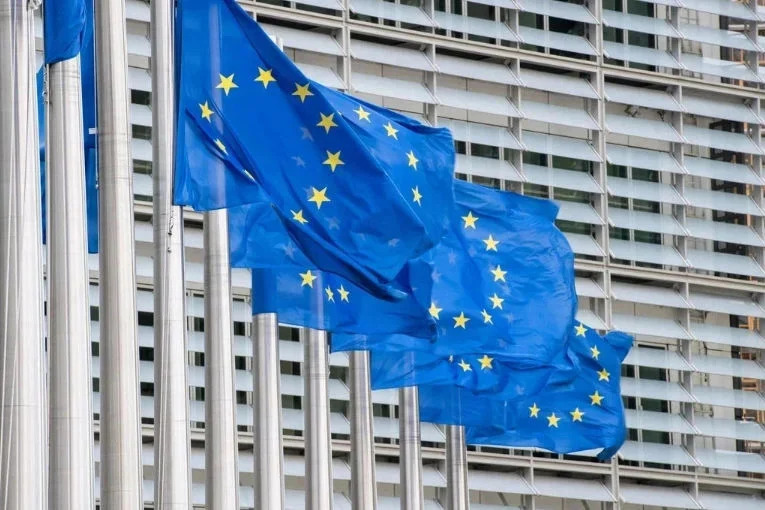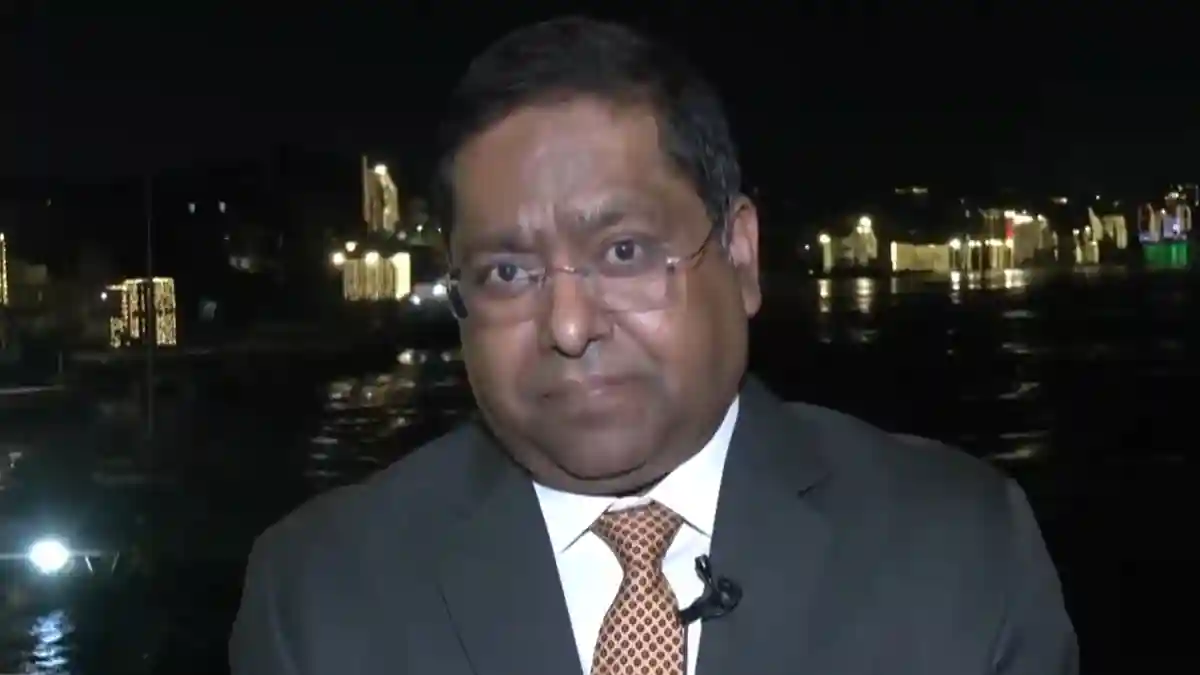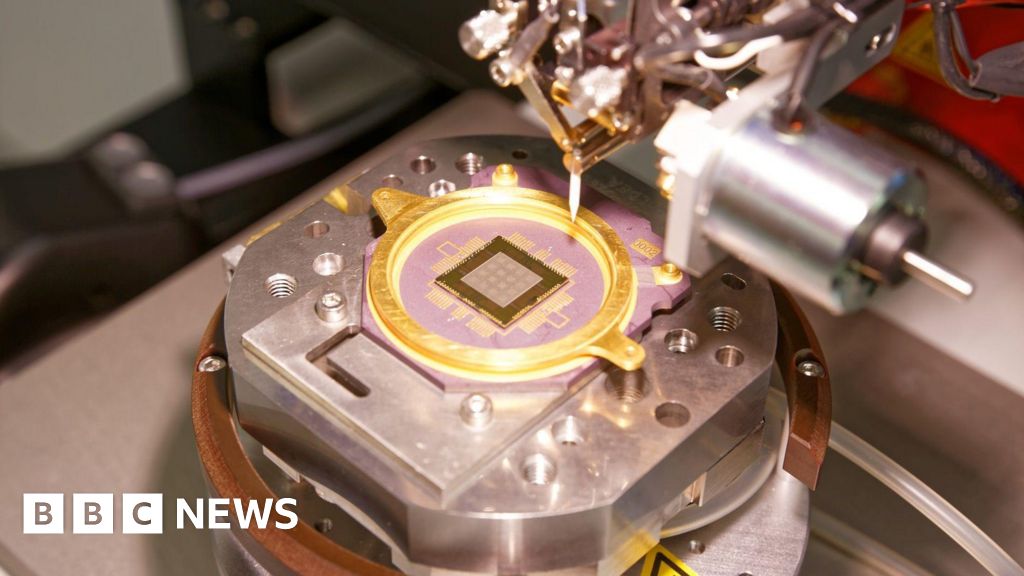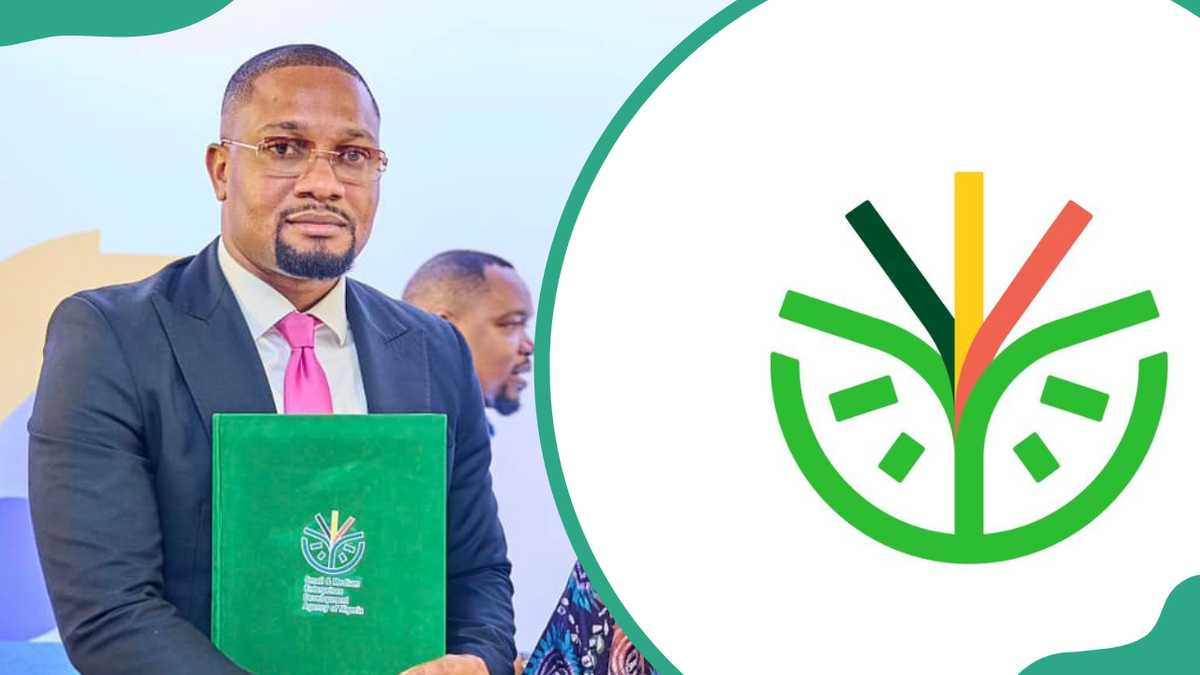By Zerina Maksumić
Copyright offshore-energy

The European Commission has launched a Horizon Europe pre-commercial procurement (PCP) call aimed at reducing risks in wave energy technology development.
The call runs from 16 September 2025 until 17 February 2026 and allocates €20 million to advance wave energy converters to higher technology readiness levels (TRL), targeting TRL7/8.
The PCP focuses on the development and demonstration of cost-effective wave energy systems capable of operating in harsh and unpredictable sea conditions. To qualify, technologies must show evidence of completing Stage 3 activities, corresponding to approximately TRL6, with a phased approach possible to select designs for Stage 4 demonstration, the European Commission said.
Consortia must include at least three legal entities from different EU member states or associated countries, alongside a minimum of two public procurers. Additional partners may join if they bring clear added value to the preparation, coordination, or execution of the PCP.
The action builds on the EuropeWave stage-gate process and follows the IEA Ocean Energy System (OES) evaluation framework. Projects are required to complete Stage 4 activities, covering technical, socio-economic, and sustainability aspects. Proposals should outline the jointly identified challenge, demonstrate its fit with medium- to long-term innovation plans, and explain why current or emerging solutions do not meet the identified needs.
The work is split into two phases. In the preparation phase, buyers of research & development (R&D) services are said to agree on performance specifications for wave energy systems. The phase is expected to deliver finalized tender documents, a signed joint procurement agreement including the financial commitment of the buyers’ group, and confirmation of the lead procurer.
In the execution phase, PCP contracts are said to be implemented, with at least two commercial-scale demonstrators expected to operate for 12 months in commercially representative sites. Demonstrators do not have to be tested at the same location. By the end of the action, at least one design should be ready to progress to Stage 5 of the IEA-OES framework, covering commercial-scale array demonstration.
According to the European Commission, the initiative is intended to improve efficiency, reliability, and cost-effectiveness for energy producers and consumers, while supporting accelerated technology development and de-risking for wave energy providers.
It is also expected to strengthen access to financing by improving the understanding of technology bankability and providing insights into environmental, biodiversity, and socio-economic impacts across the lifecycle. The funding rate is set at 50% of eligible costs.
Just recently, the EU awarded €4 million under Horizon Europe to the Control-Oriented Innovations for future wave energy farms (COIN) project, which is set to start on November 1, 2025.



